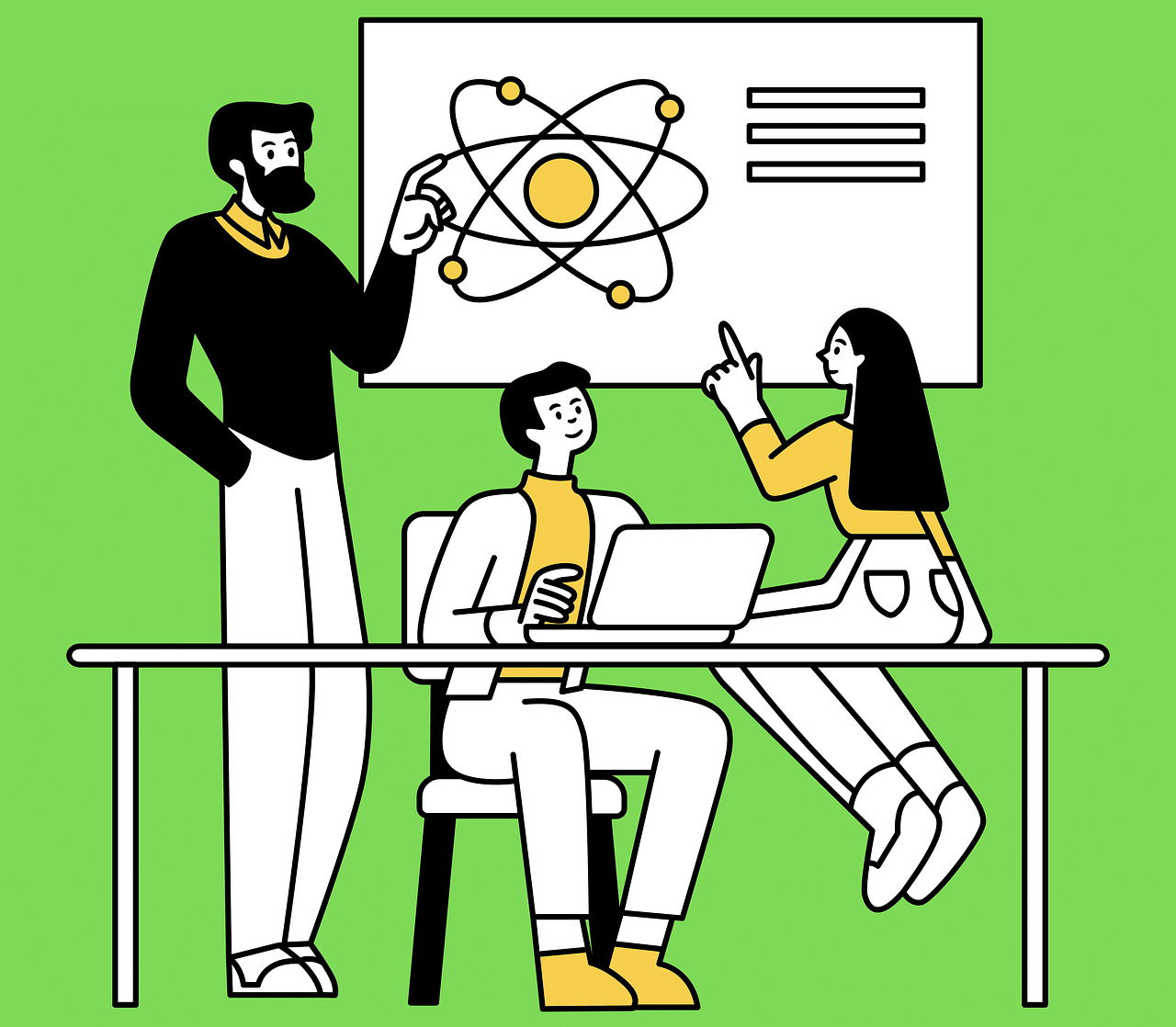
Collective intelligence in education favors learning.
Collective intelligence is the ability that arises from the cooperation of several individuals . It is a concept that is used in different areas, such as sociology and information and communication technologies (ICT).
Intelligence is called intellect and the ability to solve problems. The collective , meanwhile, is that linked to a group of people.
It can be said that collective intelligence is built through the combination of knowledge and skills of different subjects . Therefore, it requires collaboration and teamwork for its development.
History of collective intelligence
The history of the concept of collective intelligence is very extensive. Without actually coining the notion, the Greek philosopher Aristotle already pointed out more than two thousand years ago that the contribution of multiple people allowed us to achieve better results when making decisions.
Closer in time, the American entomologist William Morton Wheeler ( 1865 – 1937 ) is mentioned as one of the pioneers in considering this issue when in 1911 , observing how ants worked, he indicated that the group of specimens functioned as a superorganism : that is, as a single living being with collective intelligence. The Austrian ethologist Karl Ritter von Frisch ( 1886 – 1982 ) expressed something similar.
Around the same time as Wheeler , the French philosopher and sociologist Émile Durkheim ( 1858 – 1917 ) highlighted that society reflects the highest intelligence because it goes beyond the individual in both time and space. For Durkheim , a society is more than the grouping of its members and has an existence and scope that exceed the experiences of each person.
Over time, various scientists began to analyze how an organization , imitating biology, could create collective intelligence. In this way, different mechanisms for the production, organization, storage and exchange of information began to be studied.
Currently, the concept of collective intelligence is used above all in the field of ICT since social networks , open source platforms , wikis , discussion forums and other online collaboration tools contribute to the promotion of collective intelligence. collective intelligence.

Smart cities draw on collective intelligence.
From individualism to cooperation
The drive for collective intelligence implies a new paradigm that leaves aside individualism to focus on cooperation . This requires a change in approach that, in part, is favored by technology.
At a general level, the capitalist system makes a cult of individuality. Individual merits are privileged over community work and meritocracy is generally defended, which is based on the belief that each person can progress on their own merit, without depending on the State or social ties.
However, Web 2.0 and other technological resources that promote interconnection revalued collaboration and joint work. In this way, it is increasingly taken into account that joining efforts allows us to achieve superior results.
For these reasons, today we rely on the notion of wisdom of crowds to improve effectiveness and efficiency in multiple areas. This vision also highlights the convenience of betting on collective intelligence instead of the knowledge of a single expert.

Collective intelligence implies knowledge management that is group-based.
Examples of collective intelligence
We can find examples of collective intelligence in different sectors, even outside the digital sphere. Every time a brainstorming session is carried out, the idea of collective intelligence is applied. These processes are executed trusting that this feedback between participants will be beneficial.
Another clear example of collective intelligence is Wikipedia . The most popular virtual encyclopedia is fed by the contributions of the users themselves, who are also responsible for corroborating and editing the information. Given the large number of people accessing the articles and carrying out collaborative data analysis, the material is reliable.
Those initiatives that are part of so-called crowdsourcing are also examples of collective intelligence. In education, collaborative learning (where students are divided into groups and work as a team to solve problems) appeals to this mode of knowledge construction, just as the collaborative economy seeks to generate benefits from the interaction of consumers or users.
Public consultation platforms that encourage citizen participation and digital democracy also use collective intelligence. Majority interests are represented more faithfully as the number of women and men involved grows.
Advantages and disadvantages
The advantages of collective intelligence are clear: it exploits the potential of human beings thanks to the combination of individual knowledge and skills . This way, more effective and creative results are achieved.
It should be taken into account that generally the collective construction is greater than the sum of the individual contributions. This particularity is usually seen clearly in sports, where teams with better individuality do not always win.
Collective intelligence, in short, helps solve highly complex problems and allows for more informed decisions. However, it cannot be omitted to mention that the majority's decision is not always the correct one . On the other hand, it is common for individuals to end up trying to adapt their ideas to those of the majority, thereby losing diversity.
